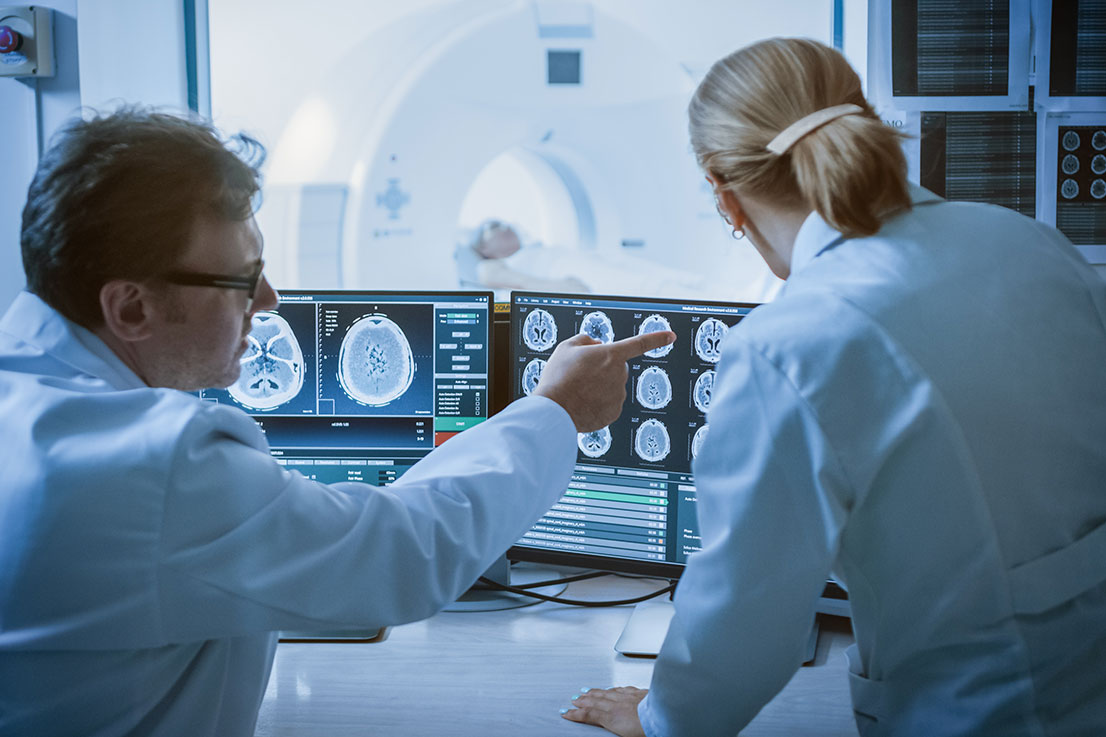
Neuroinflammatory Diseases
Accelerating new technologies in neuroinflammatory disease research
The development of new technologies has opened the way for major innovation in neurological clinical trials of all types. Neuroinflammatory disorders, pain disorders, ocular diseases and movement disorders are four evolving areas primed to take advantage of modernized clinical development strategies.

Multiple sclerosis clinical trial experience
Although many approved treatments for multiple sclerosis (MS) are available, patients still have significant unmet needs. Within this complex and competitive landscape, drug developers often face challenges positioning and differentiating their compounds to engage both sites and patients.
Having conducted over 50 trials in the past five years, the MS team members and neurologists of the PPD™ clinical research business of Thermo Fisher Scientific can enable you to favorably position your compound, with a nuanced understanding of competitive strengths and weaknesses such as side effect profiles and routes of administration. A network of more than 500 team members who are experienced in MS and four full-time neurologists — who all work together to navigate MS clinical trials — are ready to drive your treatment forward.
This experienced team has been involved in developing:
- Five of the six top-selling MS drugs
- Three of the four MS drugs approved in the past five years
- Three of the four top-selling medicines of 2015
When you partner with our neuroinflammatory group, you gain access to cross-functional experience, therapeutic expertise and rare disease acumen in a range of disorders such as neuromyelitis optica (NMO) and chronic inflammatory demyelinating polyneuropathy (CIDP). Our Rare Disease and Pediatric Center of Excellence focuses on such rare diseases and pediatric neuroinflammatory indications.
Clinical studies for pain disorders and migraine
More than half of all studies in pain indications fail because the outcomes do not distinguish placebo responses from active drug responses. Address these unique considerations for pain treatment clinical trials with us.
We enable you to form a better picture of placebo-versus-drug response with a robust process for placebo response mitigation, which helps produce more precise data outcomes using operational controls. Our experience includes acute pain, chronic pain, neuropathic pain and migraine pain.
When it comes to alleviating pain, speed matters. We leverage expertise in site procurement and relationships with experienced clinical trial investigators to get your study started more quickly. Streamlined processes allow for the integration of multiple systems to minimize data duplication and ease the burden on sites and subjects for data entry.
A variety of clinical technologies are available to enable the rapid retrieval and analysis of data, whether for participants in a single country or across a global study with a dispersed patient population:
- Electronic data collection
- Electronic case report forms
- Handheld diaries
- Interactive voice response
- Interactive web response


Parkinson’s disease and other movement disorders research
Tremendous advancements have been made in movement disorder clinical trials, and the pipeline of disease-modifying therapies have the potential to improve the life quality of patients with movement disorders like Huntington’s disease. We have conducted full-service movement disorder trials, including gene therapy studies and clinical trials for Parkinson’s disorder.
We have global experience with movement disorder trials across all phases of drug development in a broad spectrum of patient populations, including those with gene mutations.
